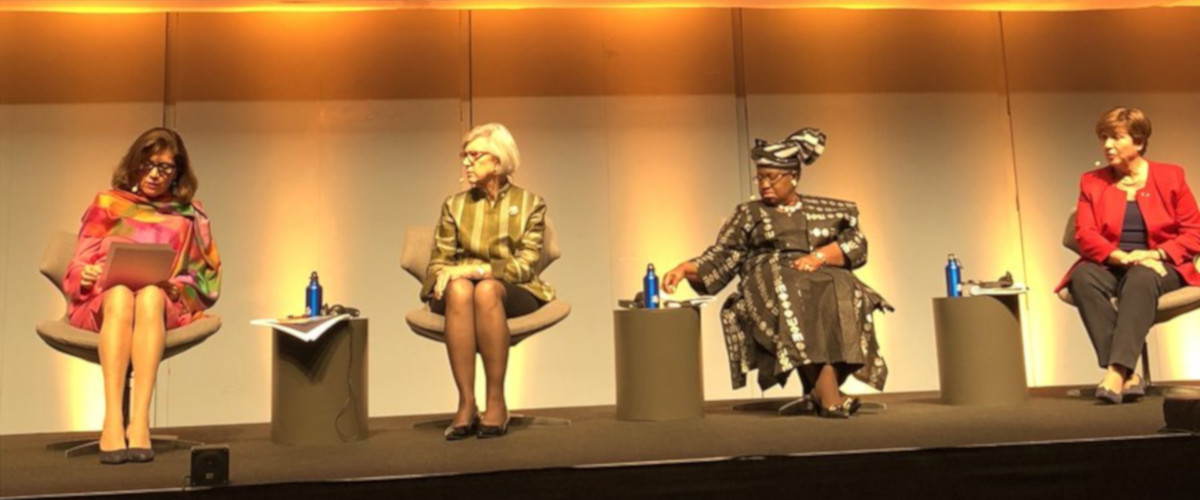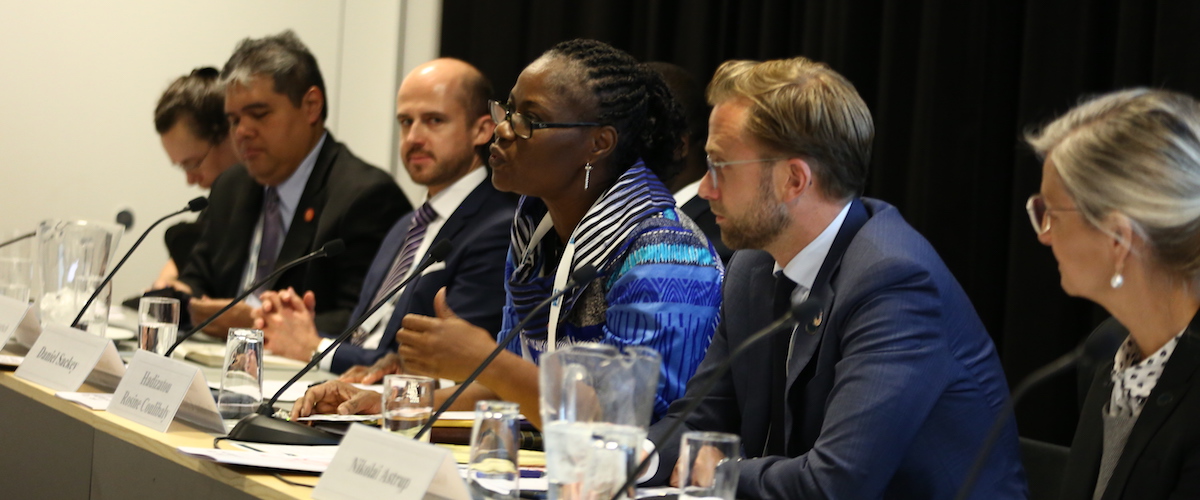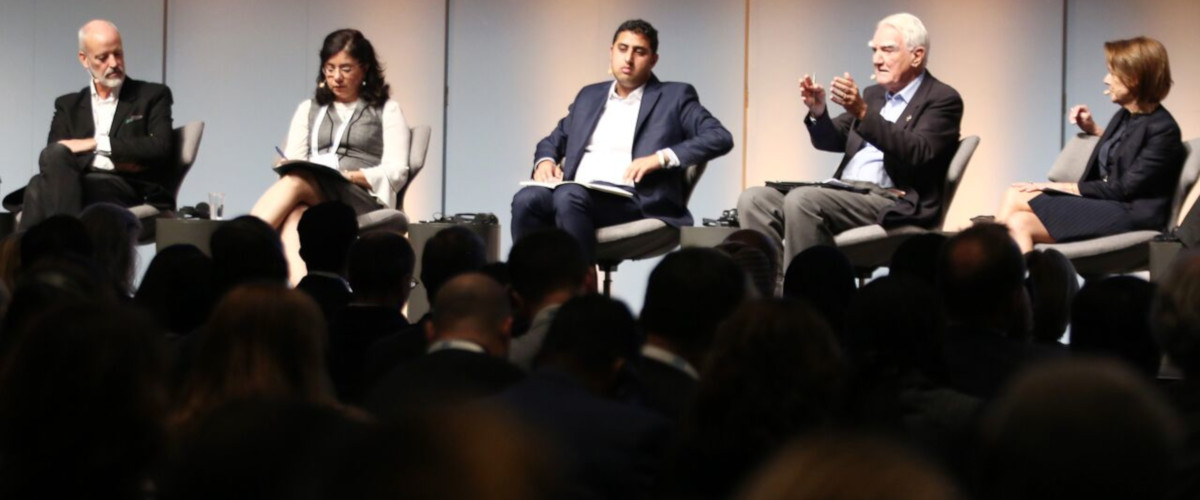In January 2010, a 7.0-magnitude earthquake ravaged Haiti, killing more than 230,000 people and displacing another 1.5 million.
When Kristalina Georgieva, chief executive officer of the World Bank, visited the island nation and asked how to efficiently bring aid, she was told: “Whatever you do, do not give money to the government.” Georgieva was shocked about the lack of trust people had in their own institutions.
Trust in government is deteriorating in many countries. Only 43 per cent of citizens trust their public administrations, according to the OECD. Lack of trust compromises the willingness of citizens to respond to public policies.
Additionally, the world is witnessing the erosion of good governance and the rise of political extremism, which leads to mistrust from the common citizen.
“Let’s not forget that the corrupt are a minority. So how do we build, knowing that most people have good intentions”, said Barbara Trionfi, executive director of the International Press Institute.
Good governance is central to preventing corruption and the rise of non-democratic regimes.
The plenary at the 18th International Anti-Corruption Conference, which was titled “Promoting Good Governance for Peace and Security,” aimed to identify actions that governments and international organisations must implement in order to build strong institutions that support citizens who fight corruption. All speakers in the panel where well-known female leaders in their fields.
“How do we make sure that we move from corruption cases and scandals, to a culture of integrity?”, said Gabriela Ramos, chief of staff and sherpa to the G20, Organization for Economic Co-operation and Development.
While much emphasis was put on the problem of promoting good governance, the panelists also provided potential solutions on how to make governance more accountable, such as protecting citizens and whistleblowers.
“We have to protect those citizens that speak up against corruption”, said Beverley McLachlin, 17th Chief Justice, Supreme Court of Canada.
“Letting journalists, activists and citizens complain without being intimidated will make a difference.”
“How do we make sure that we move from cases to cases and scandals to scandals, to a culture of integrity? “ ~ @gabramosp, Chief of Staff and #G20 Sherpa #OECD @anticorruption pic.twitter.com/94e2FGApRf
— Andrea Arzaba (@andrea_arzaba) October 22, 2018


